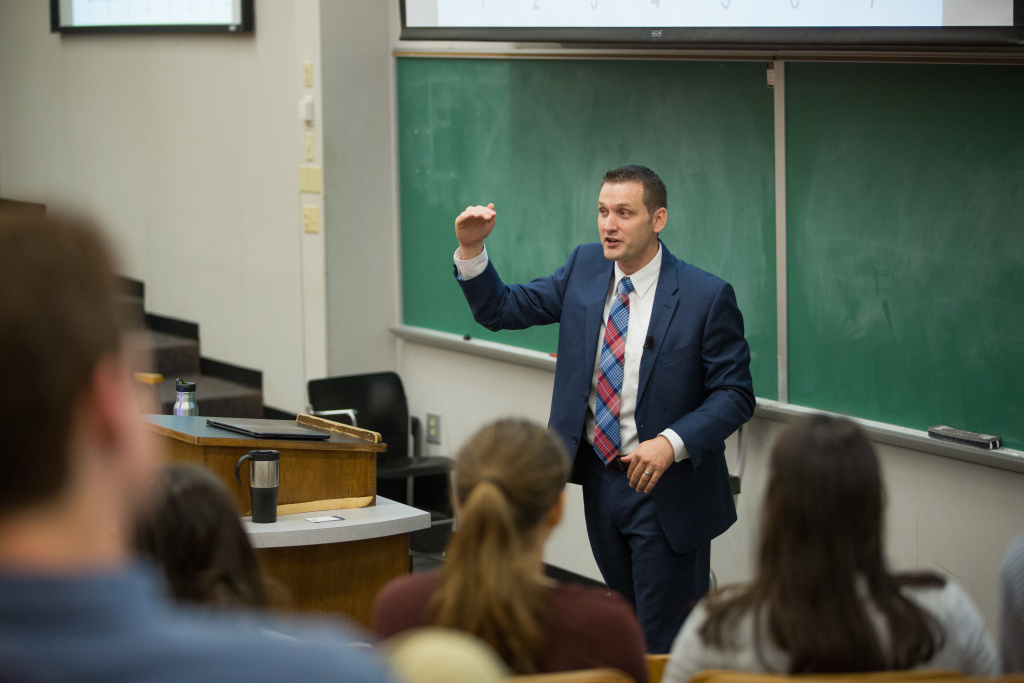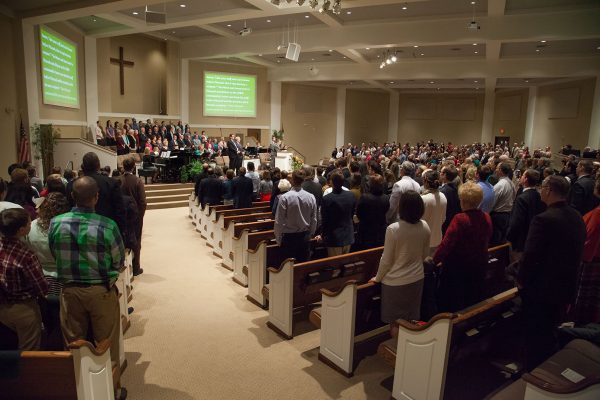How does education theory help preachers preach better? Or does it?
These questions struck me recently at the conclusion of an American Association of Christian Schools state convention. Speaking to Christian school teachers at these meetings is delightful. Most seek new ideas and encouragement as does anyone in full-time ministry. This year, a number of pastors attended several of my sessions and seemed very attentive. One remarked that the session would change his preaching. I was astonished!
It made me wonder: Could teaching strategies make preaching more effective? If so, what strategies might the preacher employ?
Preaching for Understanding
Effective preaching implies that people learn God’s Word. Learning is very human. We do it every day. But learning and then responding appropriately to God’s Word is another matter. To demonstrate, let’s briefly consider two accounts in the Gospels.
The parable of the sower (Matthew 13) clearly communicates the reality that Christian workers encounter nearly every time they preach or teach. Some people respond positively to God’s Word. Some do not. One group understands. The other does not. The difference between the two is that to some, God gives the gift of understanding the Scriptures, and to others, He does not. Such statements tend to unsettle us.
We also see this when Jesus, just prior to ascending into heaven, instructed His disciples about connections between Himself and the law of Moses, the prophets and the psalms. Luke then tells us, “Then opened he their understanding, that they might understand the scriptures” (Luke 24:45).
Understanding the Scriptures is God’s gift. As humans, we cannot explain how the gift works. Something happens between the time we hear the Word and when we believe it in our hearts. God’s methods and ways are His alone. We will not grasp them. But we are able to grasp how the Scriptures can be understood in the mind. This is where preaching and educational theory intersect.
Let’s consider just one snippet of educational theory that should be helpful to preachers.
Connecting New and Existing Knowledge
Understanding requires a learner to make sense from specific messages and then to connect those messages to a larger body of existing knowledge. In short, understanding is all about meanings and connections. Teachers and preachers need tools to help people make connections between new knowledge and existing knowledge.
On any given Sunday, the pastor enthusiastically announces his topic and begins expositing a text from the Bible. By the end of the service, some people think, and may say, “I have no idea what that man was talking about.” To avoid such a response, at least two major issues should shape the pastor’s strategy with the listeners.
Discern Existing Knowledge
First, in almost every church, the range of biblical knowledge in the congregation varies widely. Hopefully, some folks will be in attendance who know little or nothing about Christianity and are seeking the truth. Others may possess great knowledge of the Scriptures through personal study over many years. The most eloquent and well-delivered sermon will have little effect unless the listeners connect the message to their existing knowledge. Pastors and teachers require great wisdom to discern the listener’s level of existing knowledge.
Use Cognitive Tools
Second, the pastor should consider the use of cognitive tools to help people make connections between the text and their existing knowledge. Let’s consider a few.
One of the simplest is interpreting. “Thou shalt not bear false witness” (KJV) will not be understood by many in our culture today. But by changing the wording to “You will not lie,” people will understand.
Another tool is providing examples that people already know. Jesus was a master at providing simple examples known to the masses. “Behold the fowls of the air: for they sow not, neither do they reap, nor gather into barns; yet your heavenly Father feedeth them. Are ye not much better than they?” (Matt. 6:26). “God will take care of you” is easily understood through the example of the birds.
One of my personal favorites is summarizing or condensing a larger portion of Scripture into one simple sentence. “The Lord cares for His people at all times” summarizes Psalm 23. The pastor may then explain each verse of the Psalm in relation to the Lord’s care for His people.
Finally, another very effective tool is comparison or detecting similarities between ideas. How are we like King David? What are the differences between creation and evolution? Simple explanations of similarities and differences powerfully aid understanding.
Paul wrote to Timothy that the Lord’s servant should be “apt to teach” (2 Tim. 2:24). Educational theory may indeed be a means to improve our ability to teach and preach God’s Word!








